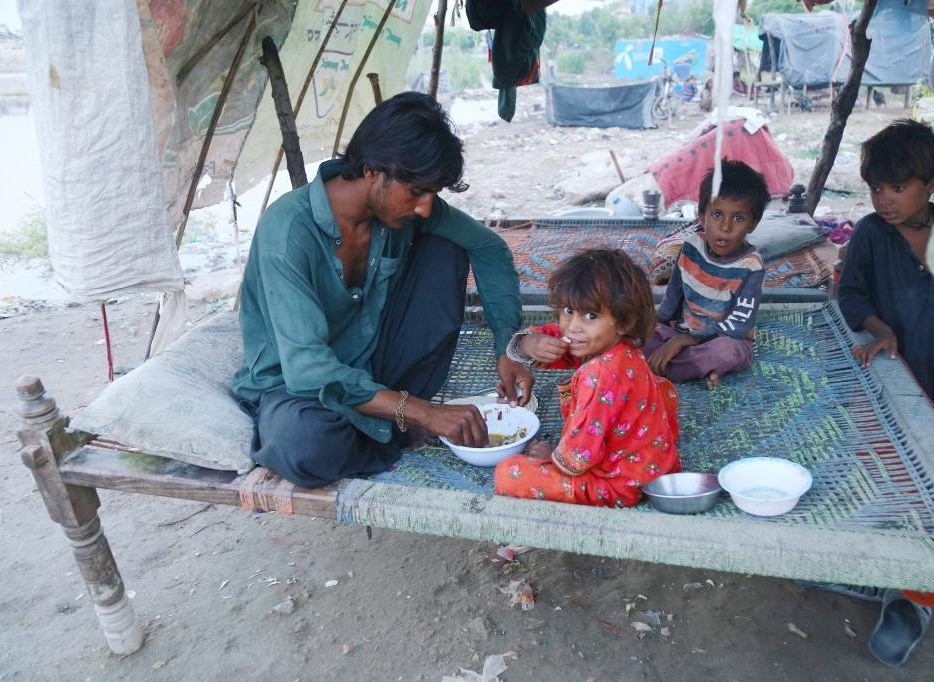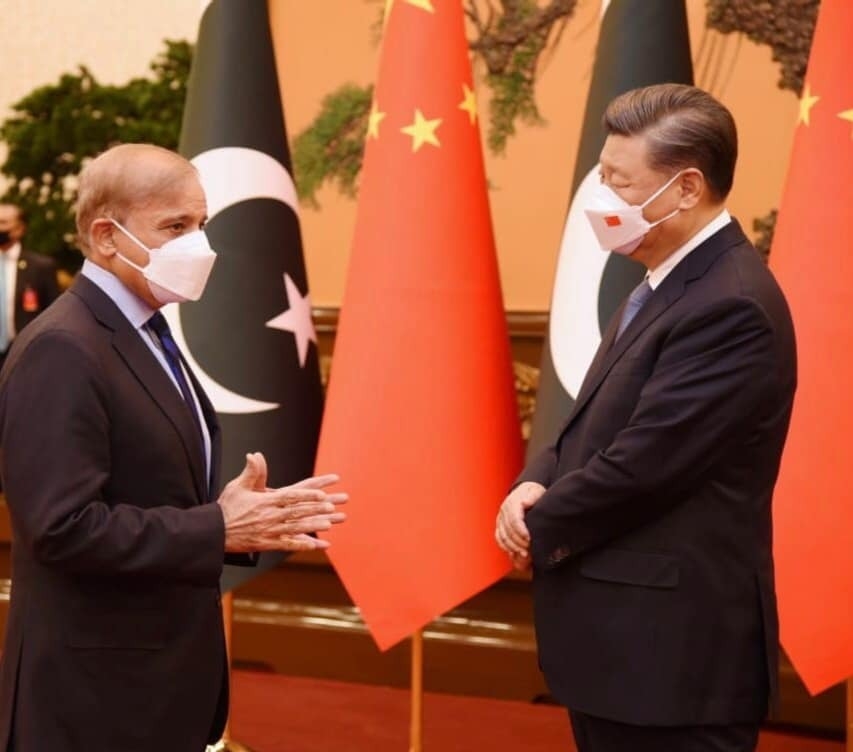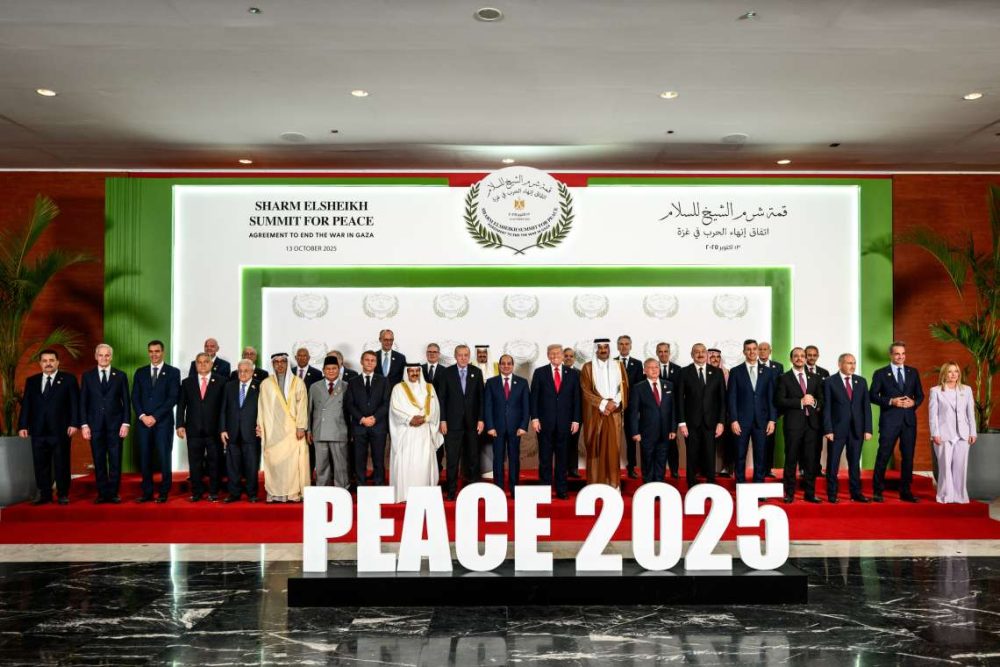The volatile security situation has generated political instability in Pakistan. The federal government in Islamabad takes all key decisions, leaving little by way of autonomy in governance. This in turn has brought in successive governments with no powers and created conditions for corruption … A special report by Dr Sakariya Kareem
The perennial power game among the politicians and the military is one side of the story in Pakistan. The other is power shortage, with homes, farms and factories going without electricity for 21 hours a day.
And while the politicians are squabbling in the National Assembly and before the courts, the power-starved people are protesting on the streets. A two-day power breakdown brought the people to their knees, but not the politicians who are either for or against early elections.
The worst sufferer is Pakistan’s North. Despite being water-surplus, it has run dry on electricity because only a fourth of the power is sourced from the hydel systems in this land of the mighty Indus and Punjab. The country’s planners have placed their emphasis on the difficult-to-find and expensive fossils.
Pakistan generates about 60-63 per cent of its electricity from fossil fuels, while around 27 per cent is generated by hydropower. The remaining 10 per cent of power comes from nuclear and solar sources.

While much of the country is yet to get over the power snap, there is also no relief in sight for the Kashmir territory that Pakistan controls and the Gilgit-Baltistan. The region is witnessing daily street protests. Residents are outraged over inflated power bills and the withdrawal of government subsidies on electricity during the winter when demand for electricity is high. This adds to the food shortage and a burgeoning economic crisis, besides the return of armed militants of the Tehreek-e-Taliban Pakistan (TTP).
Worse is that the government in Islamabad has admitted that it doesn’t have any alternative arrangements for power supply. The worst, however, is that it is not merely a technical issue or of faulty planning. Scholar-journalist Amir Hussain, who writes on development issues, blames it also on the neglect of the region by Islamabad, large gaps in governance and on corruption.
Writing in The News International (February 6, 2023), Hussain points to the diverting of available power to the defence forces stationed in the camps and on the border. This points to Pakistan’s obsession with the Kashmir dispute with India and its operations to cause problems for India, especially in Jammu and Kashmir.
“The region’s location at the centre of the Kashmir issue and its history of conflict has resulted in strategic and defence concerns that prioritize energy resources for security operations, exacerbating the energy crisis for the local population.”
The volatile security situation has also generated political instability. The federal government in Islamabad takes all key decisions, leaving little by way of autonomy in governance. This in turn has brought in successive governments with no powers and created conditions for corruption.
The region has a history of frequent Sunni-Shia violence. Hussain says that “the political instability in the region, including sectarian violence, hinders local communities from collectively advocating for their energy needs, leading to a shortage of investment in the energy infrastructure.
“Additionally, there is lack of recognition of Gilgit-Baltistan as a fully autonomous province and the limited political rights and protections for its residents, along with the weak and ineffective GB government and the apathetic federal government.”

“In the underprivileged and untrustworthy local administration, the reins of power are held by corrupt alliances of contractors and engineers who scheme to advance the implementation of small-scale hydroelectric power plants.
“Corruption and mismanagement have further exacerbated the energy crisis, as resources are misallocated and funding is not properly utilized. To address the energy crisis in Gilgit-Baltistan, it is imperative that the root political causes be addressed and a stable governance structure is established to create a favourable investment climate and promote sustainable energy development.” Hussain sees a bright picture provided the correctives are applied. “With an estimated hydropower capability of 60,000 MW, Gilgit-Baltistan ranks among the world’s most hydropower-rich areas. According to the Pakistan Water and Power Development Authority, the region holds the possibility of producing approximately 40,000 MW of electricity from its rivers and streams.”









